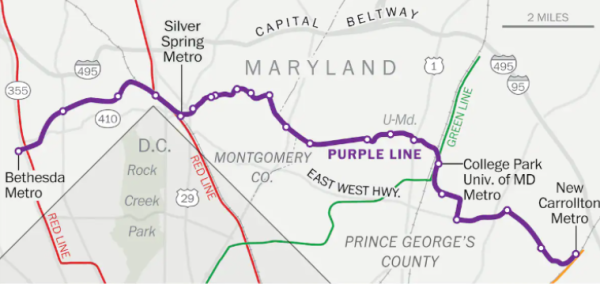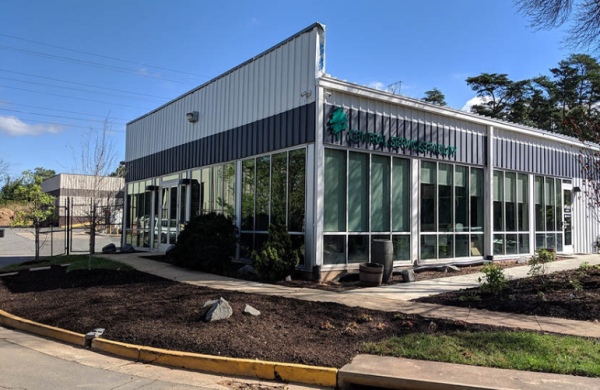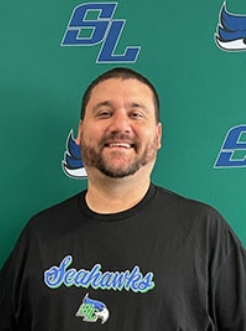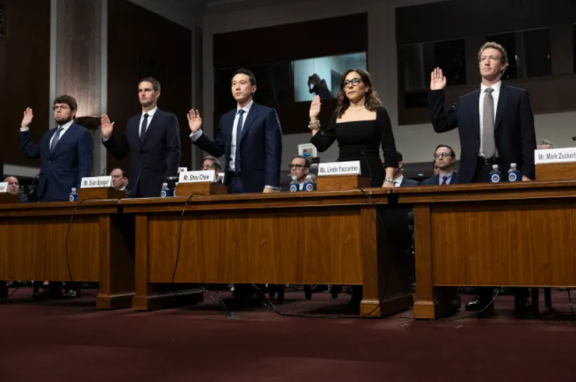Discussing gun violence with members of Congress
March 24, 2018 was a monumental day for thousands of Americans across the nation pushing for the end of gun violence. Students, teachers, parents, and others marched on Pennsylvania Avenue, chanting and holding up their signs with pride. Looking around at each and every person in the sea of people, it was apparent how important the cause was to everyone, and the passion did not stop at the crowd. Students from the Parkland tragedy and gun violence survivors from various cities told their stories and encouraged people to advocate for change. It was incredible to see so many people fighting for a single cause, but it is imperative that the fight does not stop at the closing of the event. Real change can only occur if constituents show up to the polls and make their opinions known to their representatives, both in Congress and in local government positions.
On Saturday, April 7, 2018, the Town Hall Project was hosting discussions between Congressional candidates or incumbents and the constituents of the district. The purpose was to allow Congress to hear the voices of the people and for the candidates to describe the measures they will take if they are elected into office. For the VA-10 meeting, Jennifer Wexton, Dr. Shadi Ayyas, Alison Friedman, Dan Helmer, Paul Pelletier, Lindsey Davis Stover, Vanessa Maddox, and the Leesburg Town Council, just to name a few, attend. The event began at 12:30 p.m. and was held at Cascades Library, 21030 Whitfield Pl, Sterling, VA, 20165. For the VA-11 meeting, it began at 6:00 p.m. and was held at Vienna Community Center, 120 Cherry St SE, Vienna, VA, 22180. This was a great chance to get involved for anyone who wanted to learn more about actions that will be taken regarding gun violence and the safety of students and the community.
As far as nearby districts go, contacting representatives is especially significant for those in the 10th District of the House of Representatives, which is currently represented by Republican Barbara Comstock. In districts where politicians either do not make their stance on gun safety clear or have expressed opposition to gun control, constituents are in a unique position to affect the way their representatives vote. While a majority of high school students are not of voting age, it is still important to know the people who decide on policies that affect the general public. On top of voting, which is the most direct way for the average citizen to affect who holds office, students can also contact Senators and Representatives about legislation being deliberated or proposed new legislation. Far too often, students claim they have no time to contact representatives, but when students are being massacred on a regular basis, politics is no longer a foreign concept that only affects adults. Not only is it possible to affect policy as teenagers, but staying informed now is a good habit to have because at age 18, the polls will be waiting.
Leana Travis is a senior, and it's her fourth and final year on the Sentinel staff. In her spare time, she likes to read and make music. She's thrilled...













